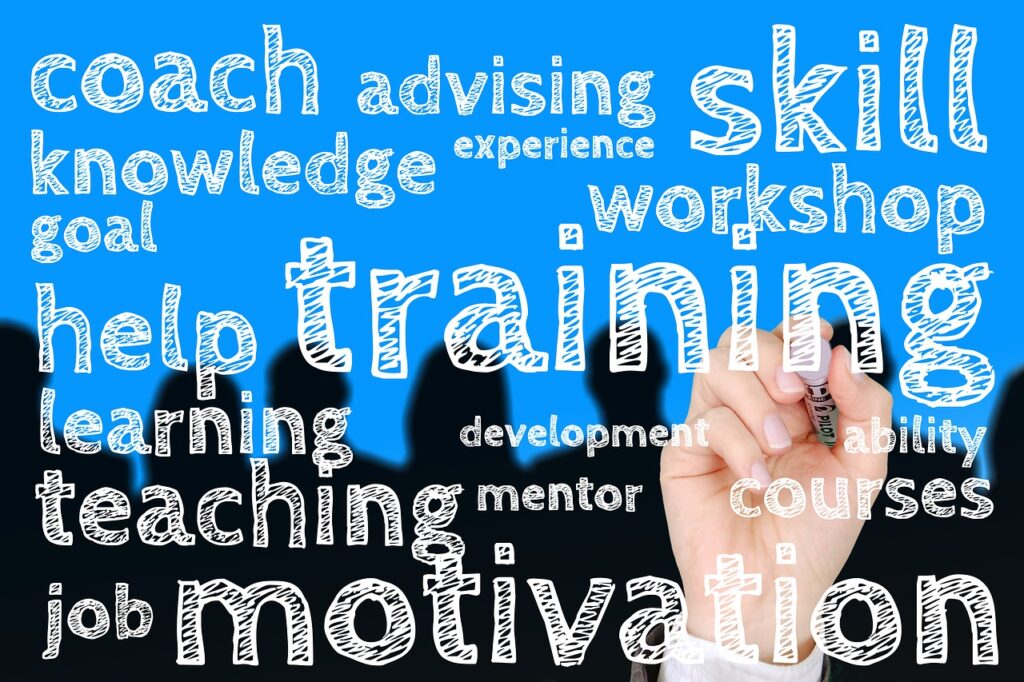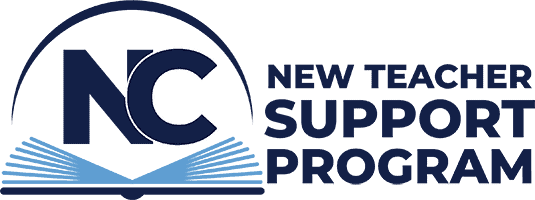Building Relationships: Maximizing Your Coaching Experience

As you begin the new school year, you are likely setting up your classroom, preparing lessons and attending more meetings than you can count! You are also meeting coaches and building support staff, that will help guide your teaching this school year. This blog will help you identify the many coaching roles within a school and ways that you can engage with your coaches, to maximize your support!
North Carolina New Teacher Support Program:
- Our program provides new teachers with support during their first three years in the classroom
- We provide induction support that is targeted to teacher needs
- We work with district and school stakeholders to streamline information and avoid mixed-messages
- A schedule determined by you and your coach
- At your school and in your own classroom or meeting space
- Individualized coaching to address the following areas: Planning, Instruction, and Assessment
- Together, the teacher and coach can determine the best strategies for meeting your goals (in person and video observations, lesson planning support, modeling, co-teaching, PLC meetings, etc.)
- Check out our website for more information about our coaching program!
Other Coaching Roles:
You may also work with building level coaches. This can include Instructional Facilitators, MTSS/Intervention District Level Coaching, Subject Area support, and Beginning Teacher Mentors. You will likely work with building level coaches often. They may observe, meet with you and your team in PLC, or schedule weekly meetings. As you learn to navigate new material, you will also work with Curriculum Coaches. This is company model coaching for Eureka, ARC, EL, etc. You will work with curriculum coaches to receive targeted instruction and training around a particular curriculum you are using.
A Teacher’s Role:
The following suggestions will help you to frame your work with coaches. As you review the list, think about any coaching experiences that you have had in the past and write down any questions that you have for your coach. Starting the coaching relationship off with strong and open communication will serve you well during the school year!

- Consider your expectations
- Maintain open communication
- Ask questions (really any questions!)
- Come prepared
- Have a growth mindset
- Be open to feedback
This article captures Elena Aguilar’s work regarding coaching and school transformation. Ultimately, a strong teacher/coach relationship can have a lasting impact on teaching practices, student outcomes and the school community as a whole. Your coaches cannot wait to work with you this school year!
Contributor: Kathy Fields, UNC-Chapel Hill
